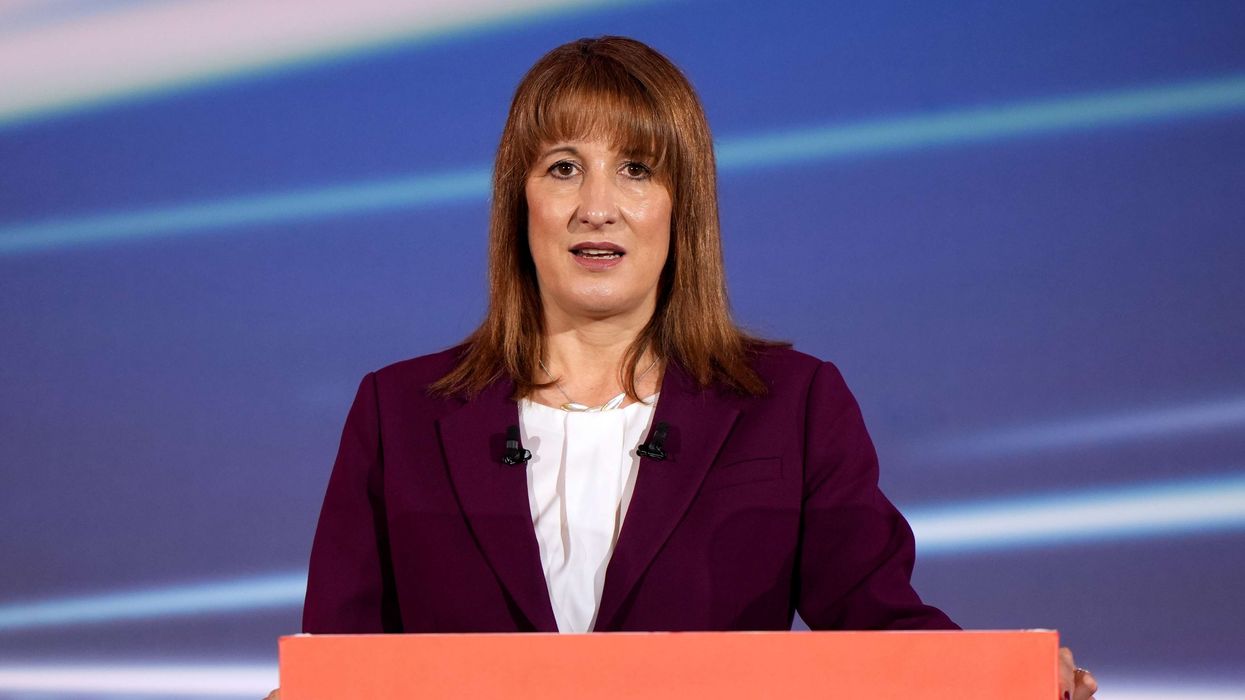CHANCELLOR Rachel Reeves does not plan to raise income tax rates in this month’s budget, after borrowing costs rose earlier on reports that she had reversed plans for tax increases.
Reeves is expected to need to raise tens of billions of pounds to meet her fiscal targets, and her recent remark that “we will all have to contribute” had been viewed as a sign that the government might break its main election pledge and increase income tax rates.
However, updated forecasts from the Office for Budget Responsibility showed an improved fiscal outlook, two sources familiar with the situation told Reuters. One of them confirmed that the government did not intend to raise income tax based on the latest figures.
British government bond prices fell, with yields on 20- and 30-year gilts rising by more than 14 basis points before easing later. By 1030 GMT, yields were up by nearly 10 basis points but still heading for their worst day since July 2, when Reeves’ emotional appearance in parliament unsettled markets. Ten-year borrowing costs were up by 8 basis points at 4.56 per cent, on track for their biggest daily rise since September 25.
A Treasury spokesperson declined to comment on tax policy.
“The chancellor will deliver a budget that takes the fair choices to build strong foundations to secure Britain’s future,” the spokesperson said.
Reeves had pledged to strengthen the public finances and ensure she had enough fiscal space to manage global economic volatility, they said.
MARKETS HAD TAKEN REASSURANCE FROM TALK OF TAX RISES
In recent weeks, investors had responded positively to indications from Reeves that she was prepared to take difficult steps to meet her fiscal goal of balancing the budget by 2029/2030, excluding investment spending. Bond yields move inversely to prices.
Investors have said they have greater confidence in revenue forecasts based on increases in income tax rather than multiple smaller taxes that can be easier to avoid.
Economist Kallum Pickering of Peel Hunt said Reeves would likely choose a “haphazard patchwork of smaller anti-growth tax increases”.
“That would be a bad outcome,” he said. “It would add to uncertainty, further damage the government’s already tarnished credibility, and complicate any BoE judgement to potentially offset tax rises with rate cuts.”
One option for Reeves to raise revenue would be to lower the income thresholds at which different rates of tax apply.
Paul Johnson, a former director of the Institute of Fiscal Studies, told BBC radio that such a change could raise significant sums for the Treasury but would place a larger burden on lower-paid workers.
One source familiar with the matter said no final decisions had been made and that another round of OBR forecasts was still to come, which could affect the figures used for the budget.
THINK TANKS HAVE WARNED OF NEED TO RAISE MONEY
The National Institute of Economic and Social Research had warned that Reeves needed major tax increases to avoid a repeat of the loss of market confidence that ended Liz Truss’s premiership.
The FT reported that the decision to change plans was made this week and communicated to the OBR on Wednesday. It said people briefed on the revisions indicated Reeves would instead pursue a “smorgasbord” of narrowly targeted tax increases.
Reeves and prime minister Keir Starmer had said before last year’s election that they would not raise taxes for “working people”, including income tax, social security contributions and value-added tax.
The pledge was intended to assure voters that a Labour government would not adopt ideological tax-and-spend policies.
But in its first budget a year ago, the government raised 40 billion pounds for infrastructure and public services, mainly through higher business taxes. The economic outlook has worsened since then.
Earlier this week, Reeves told BBC radio she could only stick to the manifesto commitments if she made deep cuts in capital spending.
(With inputs from Reuters)





